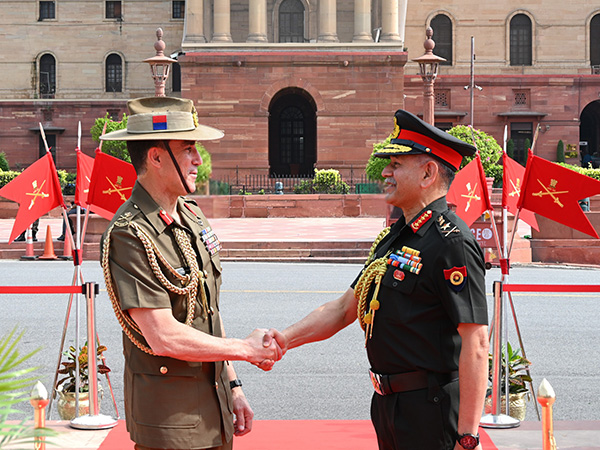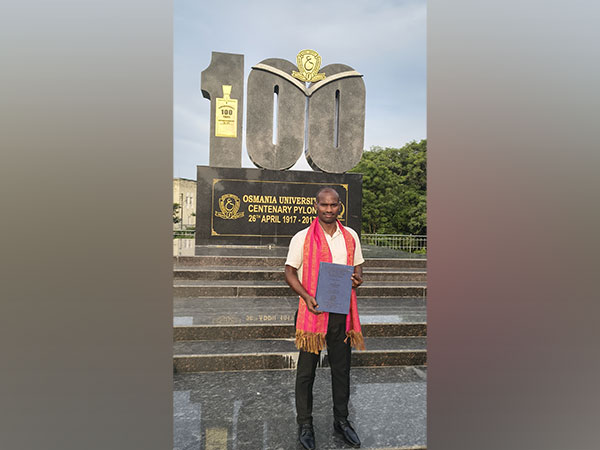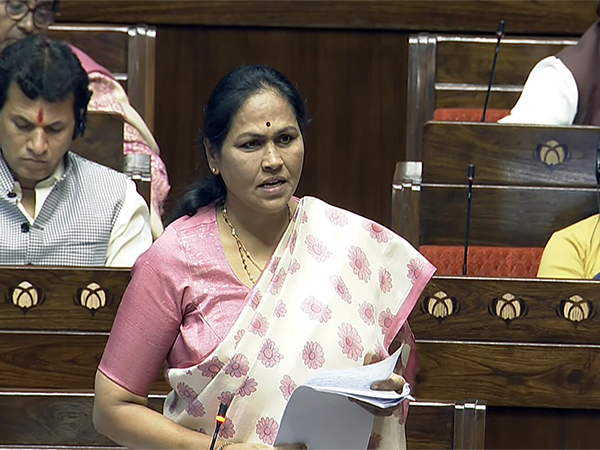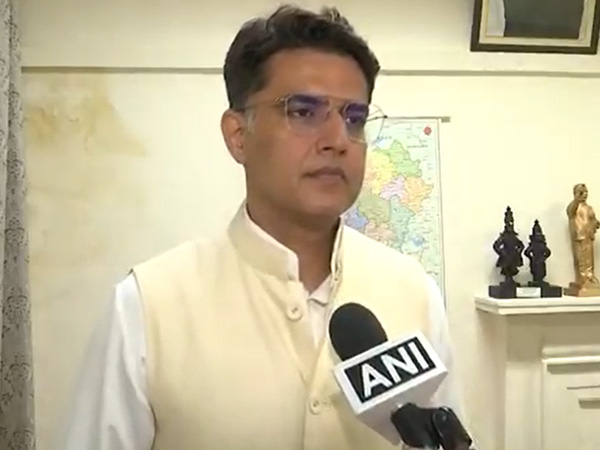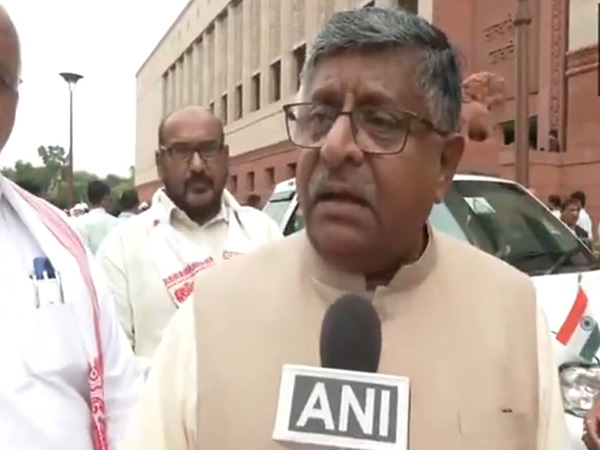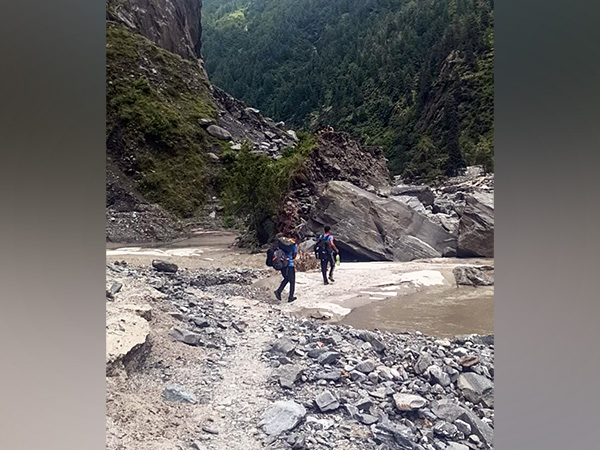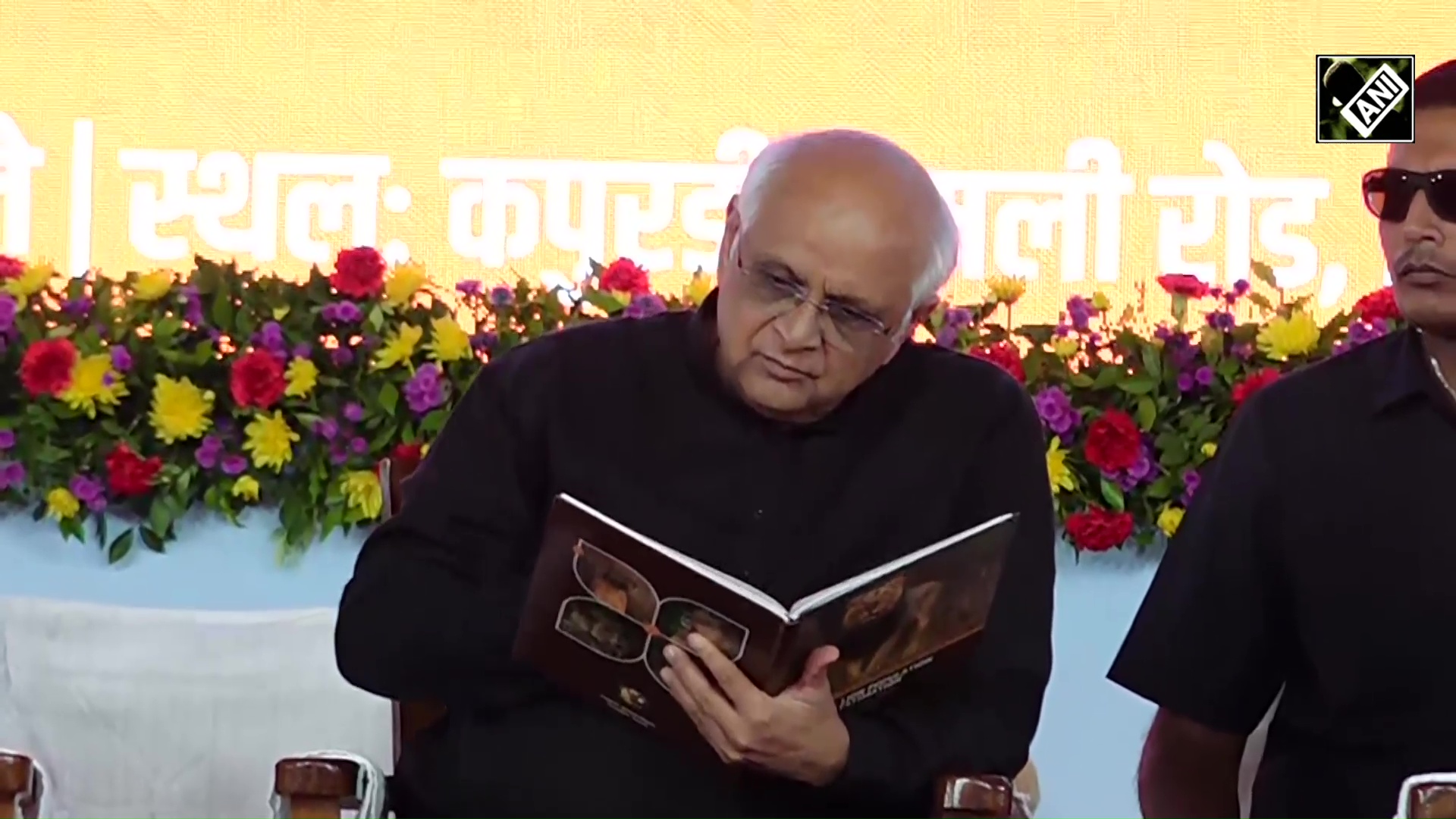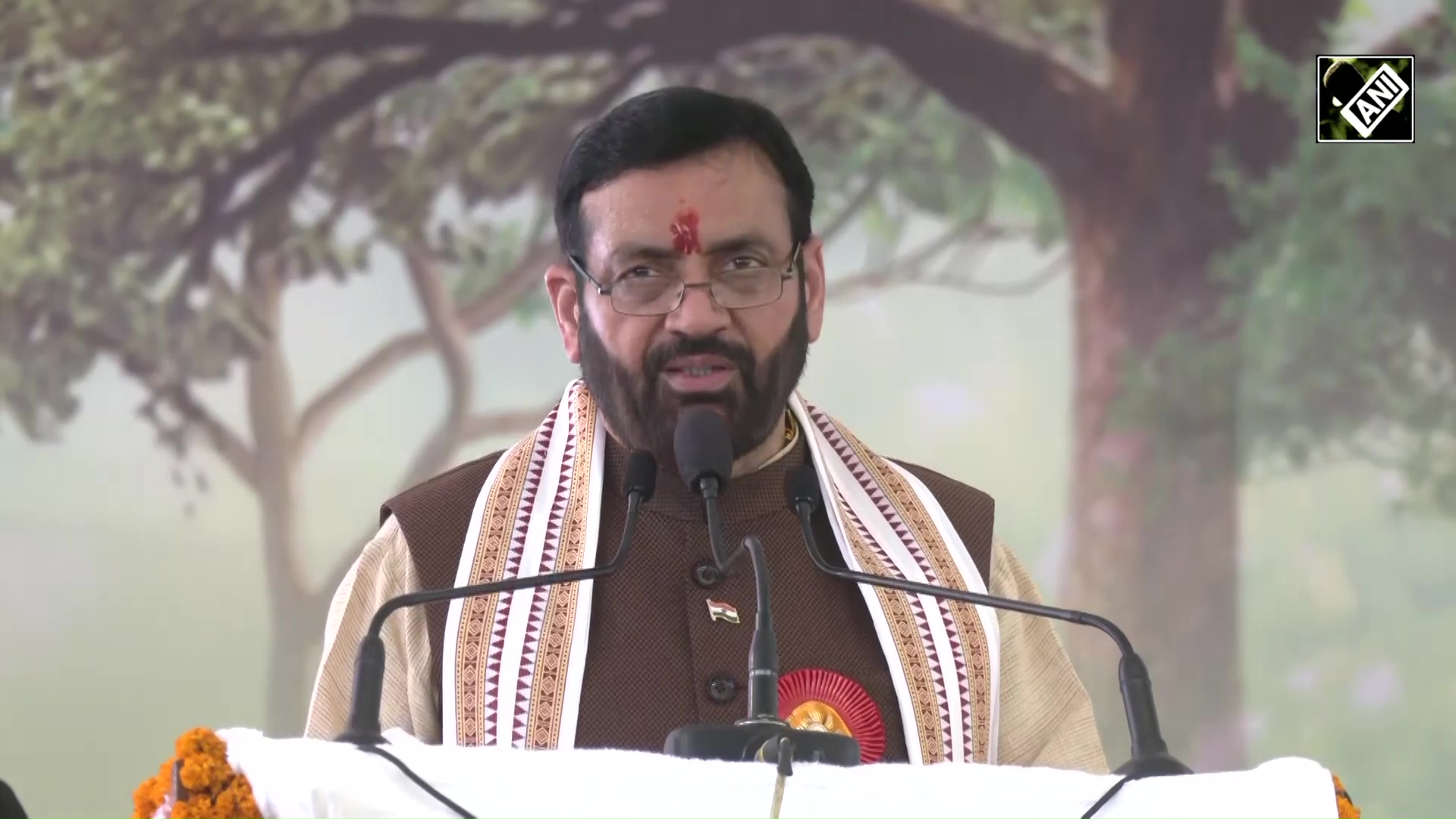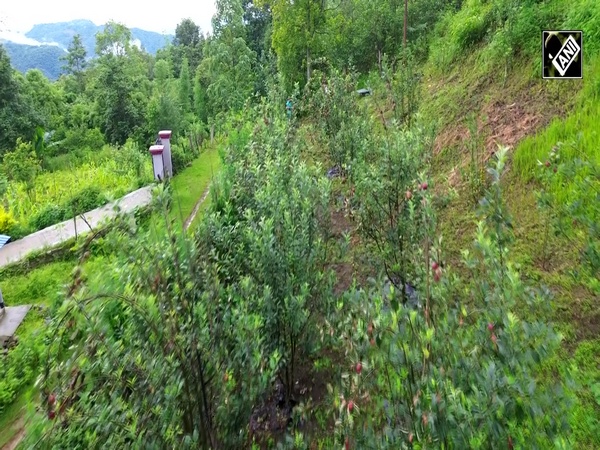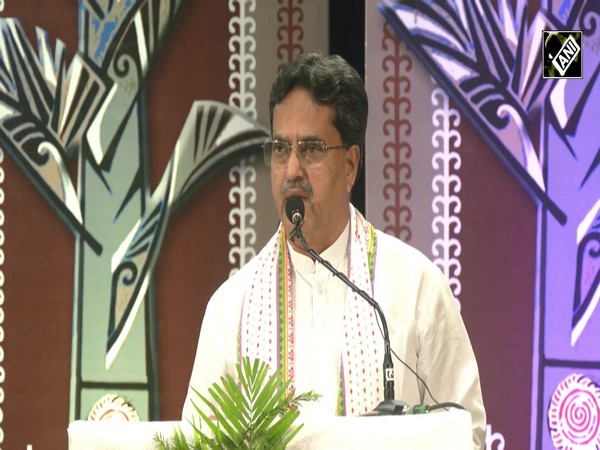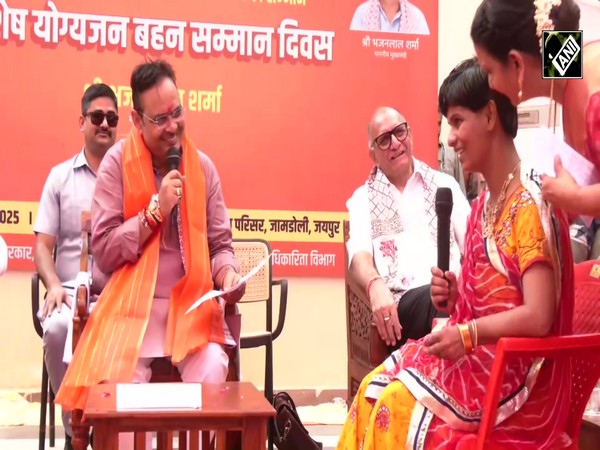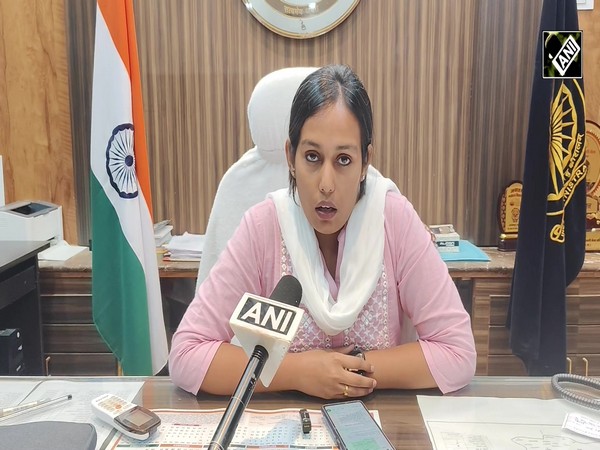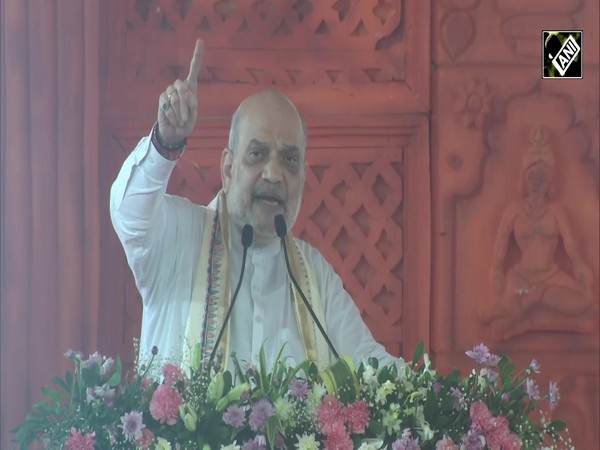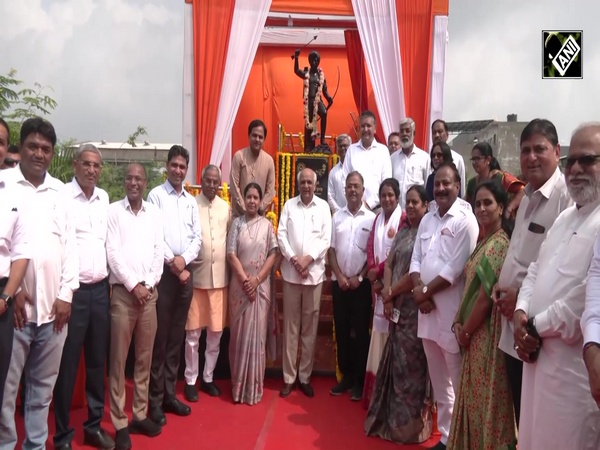Nepal rolls out HPV vaccination campaign on World Cancer Day to immunize over 1.6 million girls
Feb 04, 2025

Kathmandu [Nepal], February 4 : Nepal has launched the national Human Papillomavirus (HPV) vaccination campaign on World Cancer Day today, aiming to immunize over 1.6 million girls aged 10-15 years.
Human papillomavirus (HPV) is a viral infection that spreads through skin-to-skin contact and is a leading cause of cervical cancer. Cervical cancer is the second-most common cancer in the developing world and a major cause of death among Nepali women. It is estimated that hundreds of women are diagnosed with cervical cancer in Nepal every year.
The vaccination campaign started on February 4 (World Cancer Day) with a target to inoculate both school-going and out-of-school girls aged between 10 and 15 years with a single dose of the human papillomavirus (HPV) vaccine.
The decision to administer a single dose of the HPV vaccine is in line with the recommendation of the World Health Organization, and the National Immunization Advisory Committee, an expert panel in the country.
Over 1.68 million girls between 10 and 15 years old will be immunized in a nationwide HPV vaccination campaign. The Global Alliance for Vaccine and Immunisation (GAVI) supplied 1,770,400 vaccine doses. The alliance has also provided funds to cover the campaign's operational costs.
During the two-week-long campaign that will continue until February 18, a total of 16,88,768 girls in the age group are targeted to be inoculated. About 18,900 schools across the country have been designated as vaccination centres.
"This immunization campaign is against cervical cancer-causing Human Papillomavirus launched by the Ministry of Health and Population, Family welfare division. This aims to inoculate school-going female students from grade six to ten and the age group between 10 to 15 years in case of out-of-school girls," Rupesh Ghimire, a local health official within Kathmandu told ANI.
The vaccine dose will be administered from 8,200 health facilities additionally. Over 27,000 health workers and more than 54,000 female community health volunteers (FCHVs) will be deployed for the campaign all across Nepal.
"This immunization drive comes as one of the campaigns of the Government of Nepal which starts today (February 4) and runs till February 18. This campaign covers all types of schools ranging from private, community, government to the religious educational institutions, for those who are out of school, they will be administered this vaccine on the last day of the immunization campaign," Ghimire briefed.
Last year, the country purchased 20,000 doses of the HPV vaccine and administered them to around 9,000 girls aged between 14 and 15 years in all seven provinces. Two doses of the HPV vaccine were administered within a six-month period.
The WHO Strategic Advisory Group of Experts on Immunisation (SAGE) had evaluated the evidence emerging over the past years that single-dose schedules provide comparable efficacy to two or three-dose regimens and concluded that a single-dose HPV vaccine delivers solid protection against the virus that causes cervical cancer.
Countries like Bhutan, Sri Lanka, Thailand and the Maldives have introduced HPV vaccines nationwide, while India and Indonesia have introduced them in select districts.
According to the BP Koirala Memorial Cancer Hospital in Bharatpur, more than 700 women suffering from cervical cancer seek treatment at the hospital every year. Experts say early treatment can prevent up to 80 per cent of cervical cancer cases.
"I took the vaccine and am feeling a bit secure as this vaccine is meant to protect us in the future from the infection, that's why am sure about it," Yunisha Thapa, a student at a government school in Kathmandu told ANI.
The Nepal government has decided to include the HPV vaccine in the routine immunization list following the compilation of the nationwide drive. It is estimated that there are around 350,000 girls aged 10 years who will be inoculated with the HPV vaccine.
The UN health body says HPV vaccination is recommended as part of a coordinated strategy to prevent cervical cancer and other diseases caused by the virus.


